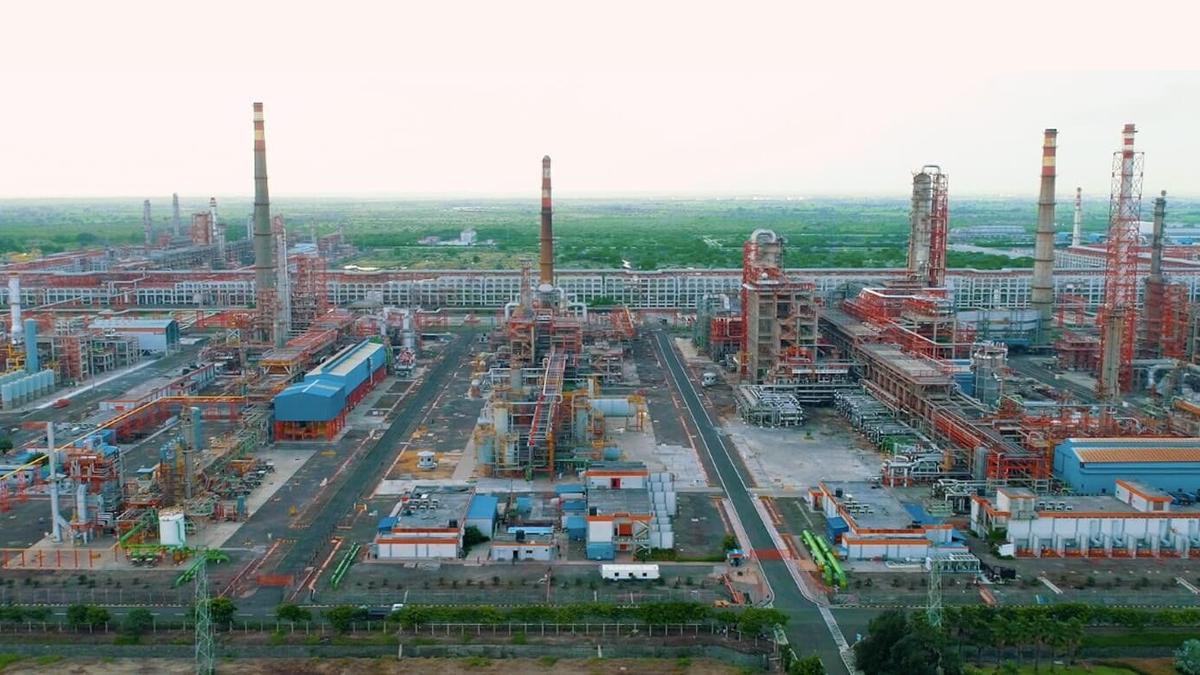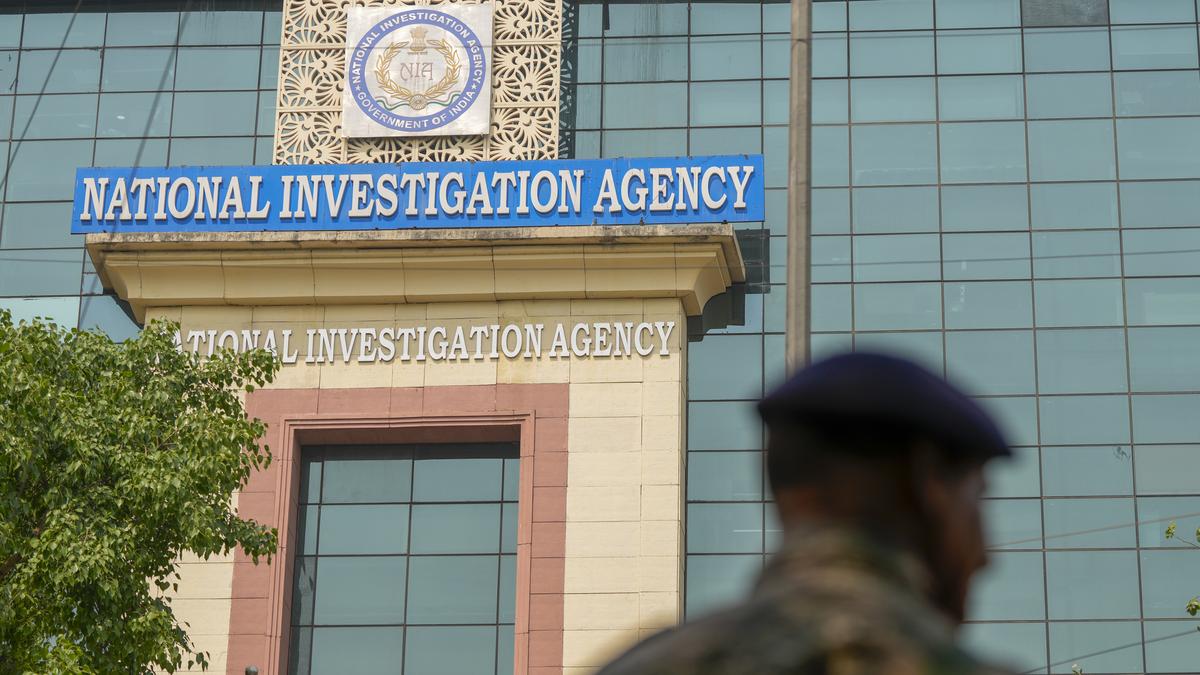Now Reading: India Approves Fuel Supply by EU-Sanctioned Nayara Amid Ongoing Dollar Trade Curbs
-
01
India Approves Fuel Supply by EU-Sanctioned Nayara Amid Ongoing Dollar Trade Curbs
India Approves Fuel Supply by EU-Sanctioned Nayara Amid Ongoing Dollar Trade Curbs

Quick Summary
- EU sanctions and Nayara Energy: The EU imposed sanctions on russia-backed Nayara Energy in July, targeting its refinery operations due to reliance on Russian crude oil.
- Shipping approval for domestic fuels: indian authorities approved the use of four foreign-flagged ships for transporting Nayara’s fuel domestically, resolving supply disruptions following the sanctions.
- Banking challenges: International banking channels are unavailable for processing dollar transactions linked to Nayara. UCO Bank has tried but failed to establish mechanisms due to resistance from Mashreq Bank (U.A.E.).
- Vadinar Refinery role: Located in Gujarat, it produces around 8% of India’s total fuel consumption and mainly supplies west coast hubs and eastern states via shipping. Disruption occurred due to stalled insurance coverage and secondary sanction threats.
- Exports halted & crude dependency: Export activities (25-30% of production) are suspended as banks refuse payment processing. Currently, Russian suppliers exclusively provide crude oil; imports from other countries remain inaccessible.
- Sanctions impact staffing: Half a dozen European executives resigned post-sanction announcement, including the CEO, emphasizing operational difficulties faced by the company.
- domestic operations stable: Local sales have continued smoothly with payments processed in rupees despite global trade hurdles. Festival demand is expected to be met using newly approved ships.
Indian opinion Analysis
The EU sanctions against Russia-supported entities like Nayara Energy underscore broader geopolitical implications stemming from the Ukraine conflict. While domestic shortages have been mitigated by regulatory approval for foreign ships underlining India’s resilience amidst global financial pressures, halted exports reflect strained international trade relations that risk impacting long-term energy diversification efforts.Nayara’s exclusive dependency on Russian crude helps sustain its output temporarily but may limit versatility in addressing future shifts in global pricing or supply chain disruptions. Additionally, unresolved banking constraints emphasize vulnerabilities where international cooperation wanes under political tensions-a critical reminder of needed adaptability within India’s energy sector.Looking forward, ensuring uninterrupted local distribution remains pivotal amid growing seasonal demand while addressing external risks necessitates sustained infrastructure growth or alternate financing methods uninfluenced by overseas restrictions.
























